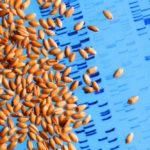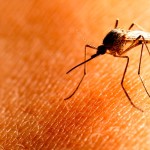There are more than 300,000 plant species in existence, but just three — rice, wheat and corn — account for almost all of the plant matter consumed by humans. In no small part that’s because natural mutations arose making these crops the easiest to harvest. But with gene editing technology like CRISPR, researchers suggest we









